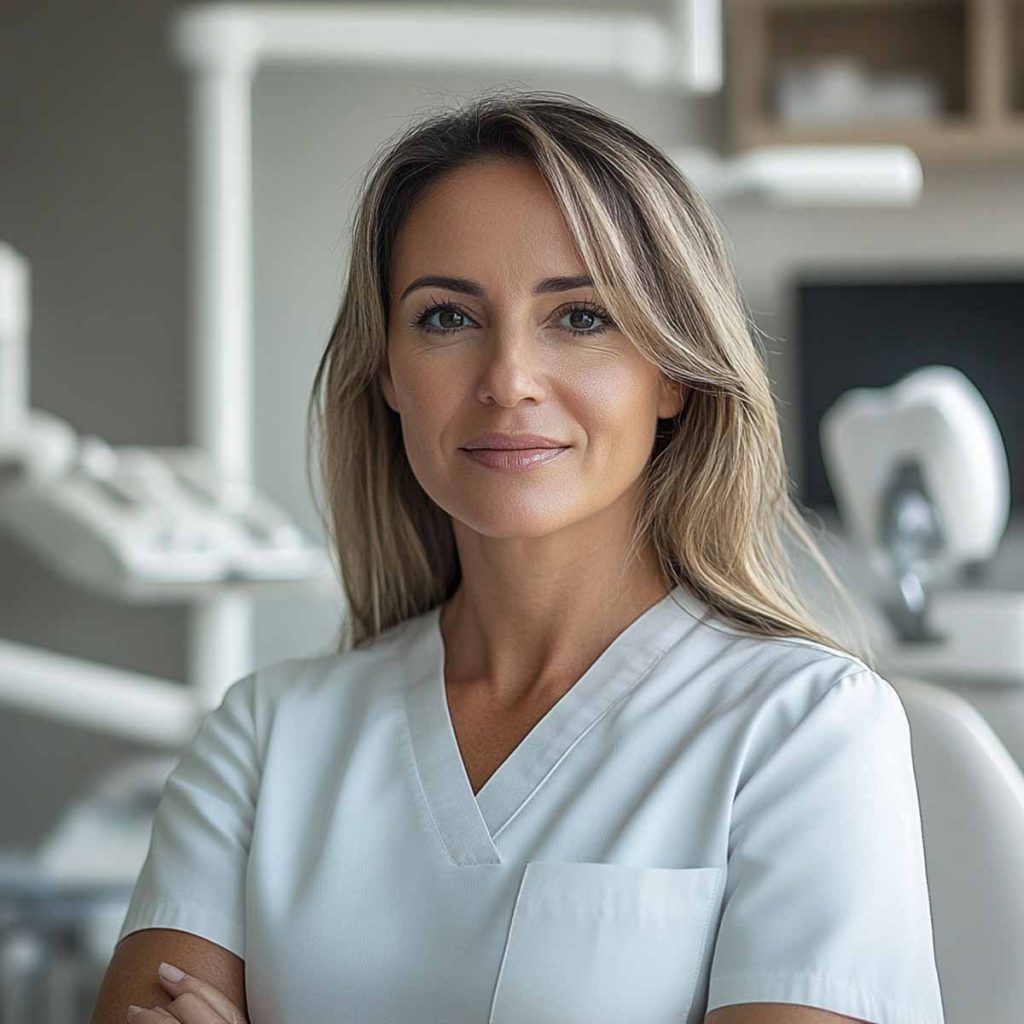At The Dental Anesthesia Center in St. Louis, patient safety is always our highest priority. Contact us today to schedule an appointment.
While Novocaine allergies are extremely rare, understanding the symptoms, causes, and safe alternatives is essential for any patient—especially those with dental anxiety, a history of allergies, or special healthcare needs.

What Is Novocaine and How Does It Work?
Novocaine, or procaine, is a local anesthetic that temporarily blocks nerve signals in a specific area of the body, usually the mouth, during dental procedures. It works by interfering with the transmission of nerve impulses, preventing the sensation of pain from reaching the brain.
When injected near a nerve, Novocaine inhibits the sodium channels in nerve cells, which are essential for generating electrical signals. Without these signals, pain sensations are effectively shut down in the treated area.
Although the term “Novocaine” is still commonly used by patients, it’s rarely used in modern dentistry. Today, more advanced anesthetics like lidocaine and articaine are preferred because they:
- They are less likely to cause allergic reactions
- Act faster
- Last longer
Can You Be Allergic to Novocaine?
Yes—but it’s rare. True allergies to Novocaine or related local anesthetics affect a tiny percentage of the population.
What causes a reaction?
- Allergy to the anesthetic itself (e.g., procaine or other ester-based drugs)
- Sensitivity to preservatives (such as methylparaben or sulfites used in multi-dose vials)
- Anxiety-related reactions that mimic allergies, like rapid heartbeat, sweating, or dizziness
Symptoms of a Novocaine Allergy
If a person is allergic to Novocaine or similar anesthetics, symptoms may include:
- Skin reactions: hives, itching, or rash
- Respiratory issues: wheezing, difficulty breathing, throat tightness
- Cardiovascular symptoms: low blood pressure, dizziness, fainting
- In rare cases: anaphylaxis, a life-threatening emergency
Note: Many people who believe they had an “allergic reaction” in the past were experiencing side effects or anxiety-induced symptoms, not a true allergy.
Diagnosing a Novocaine Allergy
If you suspect an allergy, don’t guess—get tested.
Be sure to inform your dentist about:
- Past reactions to dental or medical anesthesia
- Any known allergies to medications or preservatives
- Your complete medical history

What Are the Alternatives to Novocaine?
Fortunately, modern dentistry offers several alternatives for patients with suspected anesthetic allergies:
- Sedation options: At The Dental Anesthesia Center, we offer oral sedation, IV sedation, and general anesthesia for patients who can’t tolerate local anesthetics
Special Considerations for Anxious or Special Needs Patients
If you’re a patient with dental anxiety, a complex medical history, or a developmental disability, our team is trained to provide compassionate, customized care. Sedation dentistry can be a safe and stress-free option, even if you have concerns about anesthetics.
What to Do Before Your Appointment
- Talk to your dentist about any past allergic reactions or sensitivities.
- Bring your medical records or allergy test results, if available.
- Ask about your options—including sedation techniques suited for your needs.
Why Choose The Dental Anesthesia Center?
We specialize in sedation and sleep dentistry for adults, children, and patients with special needs in the St. Louis area. With decades of experience and hospital-grade anesthesia capabilities, we provide safe, comfortable dental care—even for the most complex cases.
Concerned about a Novocaine allergy? Contact us today to schedule a consultation. Your comfort and safety are our top priorities.
Call Now (314) 862-7844 or Request an Appointment Online

